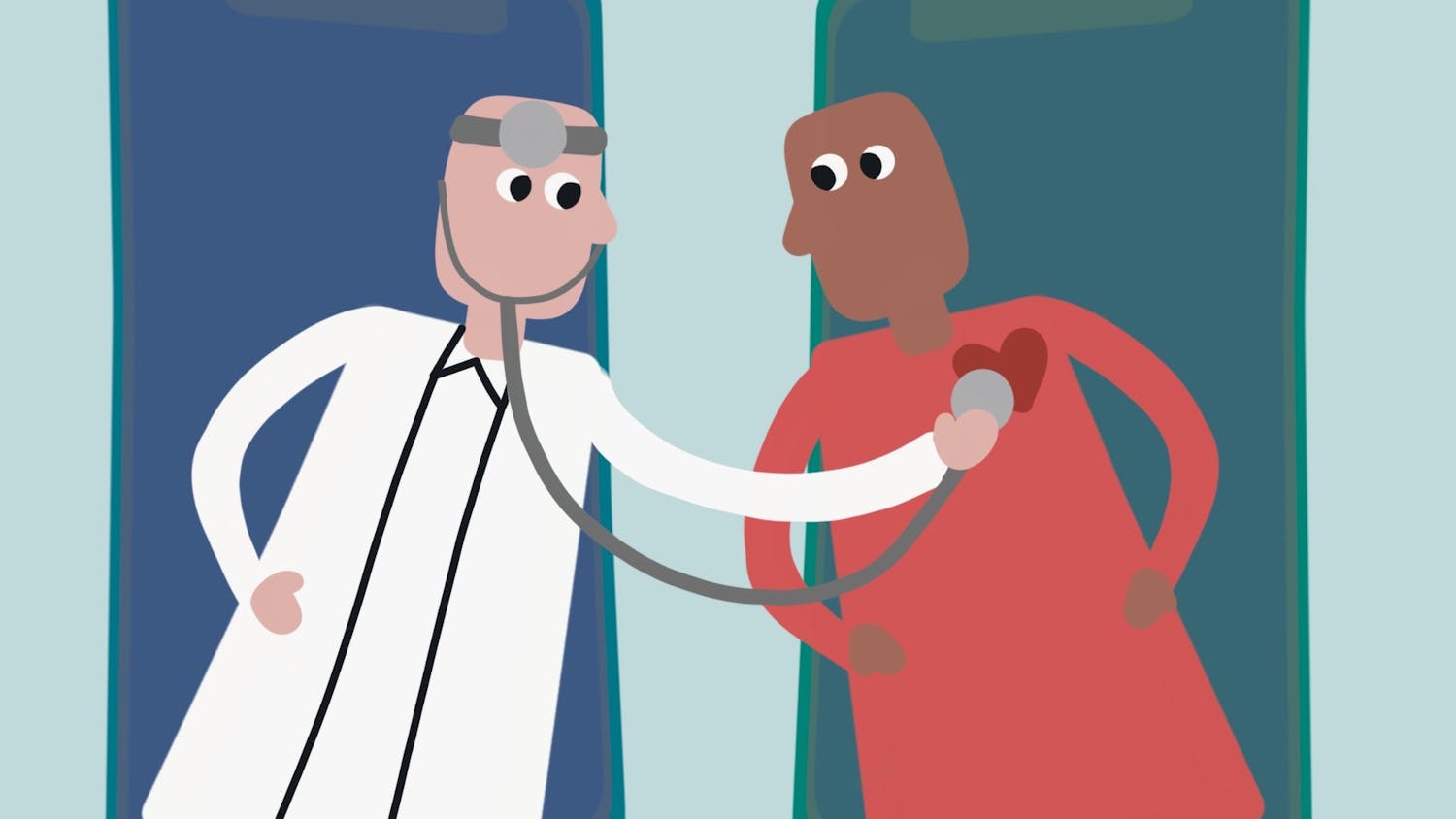A study released by the Health Policy Institute of Ohio found that depression and suicide rates have steadily increased over the past year for Ohioans—with young adults most likely to have reported symptoms of depression.
According to the study, adults aged 18 to 24 were the largest age group to have been diagnosed with depression by a medical professional at a rate of 29.5%, a significant difference from the national average of 20.5%.
At Ohio University, several resources are available for college students and young adults to help combat and aid their mental health issues.
Counseling and Psychological Services, or CPS, offers consultations, therapy sessions and workshops to OU students. Students can schedule appointments and initial screenings via email or phone. CPS also offers Telehealth services to students residing in Athens for virtual appointments.
According to data from the Center for Collegiate Mental Health’s 2021 annual report, depression and anxiety trends have increased nationally among college students.
Paul Castelino, director of CPS, wrote in an email that CPS saw an influx of new patients compared to last year. From 2020-21, CPS had 1,808 students use its services compared to 2,442 students in 2021-22, many of them citing depression, and now anxiety, as their biggest concern for treatment.
“The majority of the students seen at CPS report anxiety as their number one concern followed by depression,” Castelino wrote. “Eighty-four percent of the students present at CPS report anxiety and depression as their major concern. Depression used to be the top concern until about three years ago. Now anxiety ranks number one as the presenting concern.”
Jordan Hawkins, a sophomore studying child and family services, said she had previously dealt with mental health problems. She said she attempted to use CPS treatment last year.
She said she was experiencing symptoms of anxiety and depression, but because of scheduling conflicts, she opted to find treatment online and decided not to go back to CPS for counseling.
“I did not go back—I ended up going home and I did more research to find a therapist local to me,” Hawkins said. “I know that it can be a longer process to find somebody that actually matches with you when you do it through CPS, so I wanted to try to see if there was somebody that was specifically curated to my needs.”
Castelino said CPS is aware of students’ sense of urgency regarding treatment and counseling. CPS has addressed its demand by speaking with OU leadership and increasing its clinical staff.
“The leadership at Ohio University is aware of how important students’ mental health is in enabling their academic success,” Castelino wrote. “We received additional funding this past summer to increase our clinical staff by two, as well as provide psychiatric services.”
Another student, Brett Rodusky, a junior studying communications, said he also found an alternative method to CPS following his initial screening last year. Like Hawkins, he found treatment at home for his depression and anxiety symptoms.
Rodusky said he began developing symptoms of anxiety and depression while at home in 2020 and often struggled with panic attacks.
“I learned one of the biggest things I struggled with were panic attacks, and the importance of grounding myself is something that was one of the first things that my therapist told me,” Rodusky said. “Whenever I find myself getting in my head about things, or spiraling, I always ground myself.”
OU’s Psychology Club also tries to raise awareness about mental health through education and other resources. Typically, the club invites representatives from CPS to members to discuss anxiety, depression and stress—especially around course midterms and finals.
Madeline Wildman, a junior studying psychology and the social media chair for Psychology Club, said that the pandemic played a key role in raising student anxiety, stress and depression rates.
“Going from normalcy to complete isolation to online and some form of semi-normalcy can definitely have a great impact on anyone, especially college students,” Wildman said. “Since they are at an institution trying to pursue a degree, take hard level classes, try to get involved, that could bring a lot of stress, depression and anxiety on someone.”






